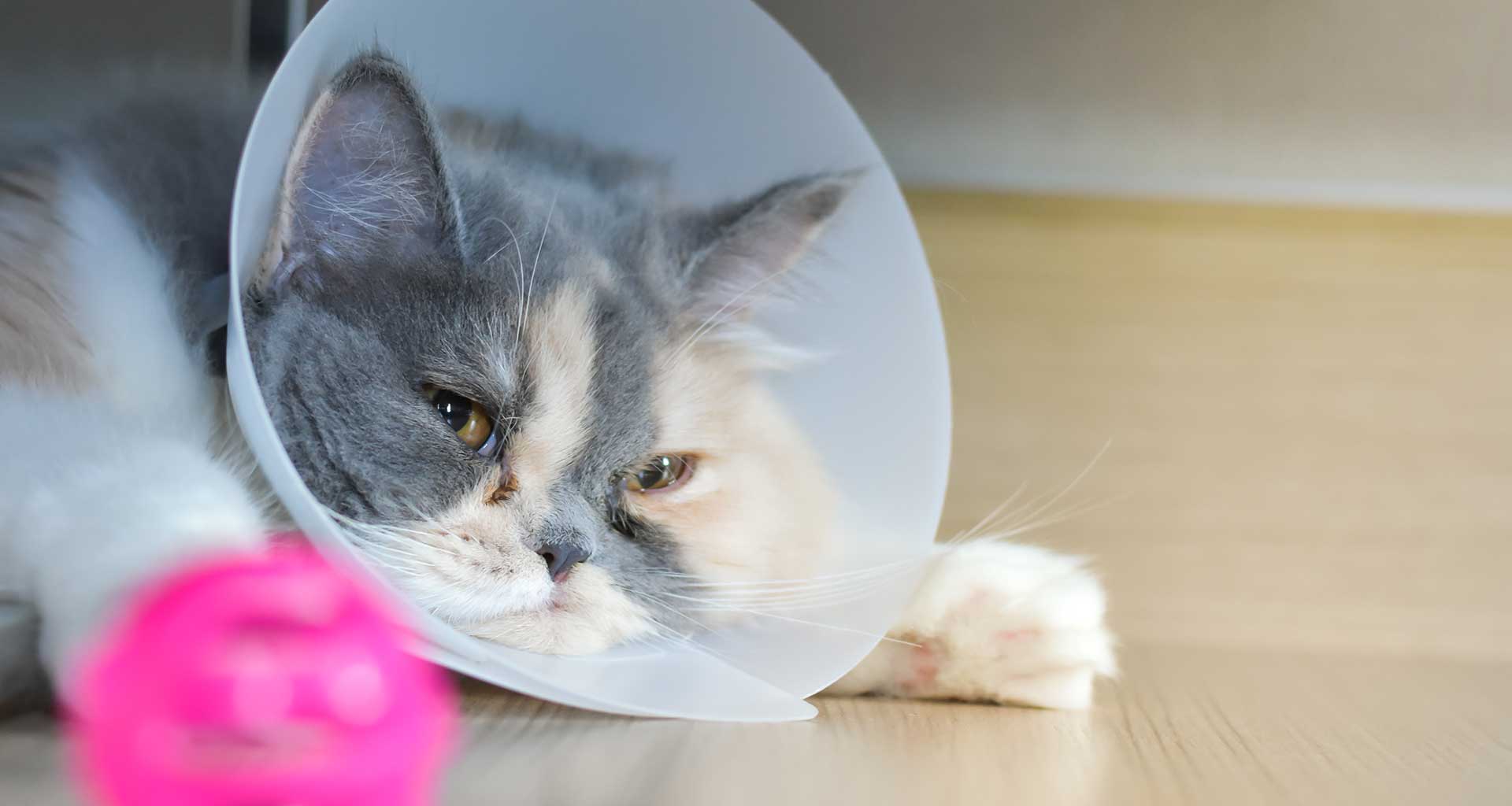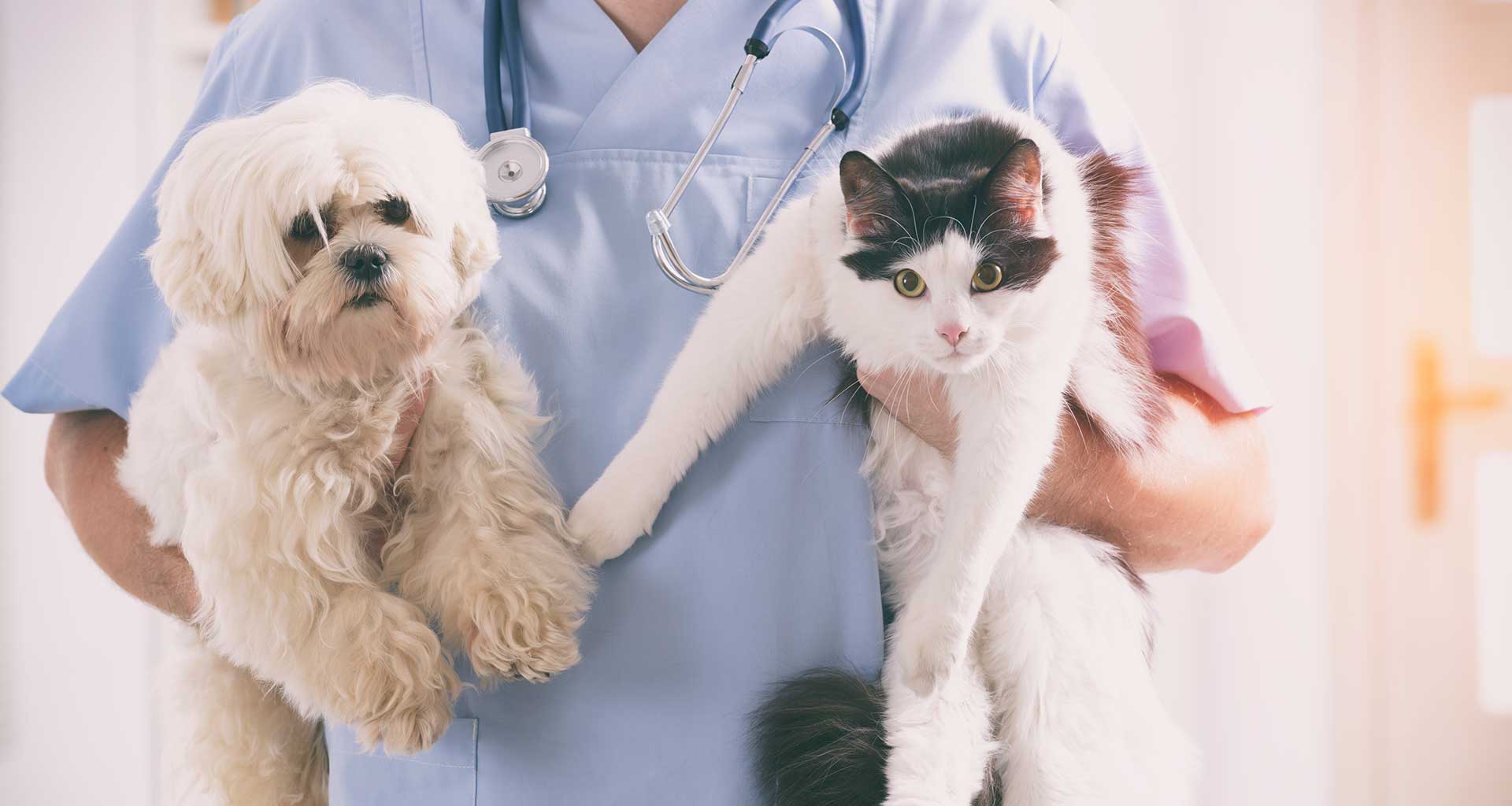How can we help you and your pet in an emergency?
Our team will always prioritize an emergency case and fit you in straight away.
We recommend that you call us on your way to the clinic to let us know your situation so that we can get prepared for your pets’ arrival.
On arrival, we aim to stabilize your pet, provide immediate pain relief if required and then we can proceed to perform any required diagnostics and treatment procedures needed.

What are types of pet emergencies?
Trauma
- Car accident
- Bite or fight wounds
- Fractures / broken bones
- Bleeding wounds
- Eye Injuries
Poisonings / Toxins
- Chocolate toxicity
- Grapes / raisins / onions / garlic
- Xylitol (artificial sweetener)
- Rodenticide (rat poison)
- Household cleaners
- Plants (e.g. lilies are toxic to cats)
Gastrointestinal emergencies
- Vomiting & diarrhoea (especially with blood)
- Foreign object ingestion
- Bloated stomach
- Constipation
Breathing issues
- Choking
- Severe coughing
- Difficulty breathing
Neurological Emergencies
- Seizures
- Loss of balance / coordination
- Head Trauma
- Paralysis
Heat-related emergencies
- Heat stroke (panting excessively, collapse, vomiting)
Urinary and reproductive emergencies
- Urinary blockage (straining to urinate – especially male cats)
- Dystocia (difficulty giving birth)
- Pyometra (infection of the uterus)
Allergic reactions
- Swelling of the face or muzzle
- Hives
- Anaphylaxis (severe allergic reaction – difficulty breathing and collapse)
Collapse
- Shock (after trauma or dehydration or poisoning)
- Severe anaemia (pale gums, lethargy)
- Heart failure (coughing, weakness)
Snake Bites / Insect bites
- Venomous snake bites
- Bee / Wasp stings





